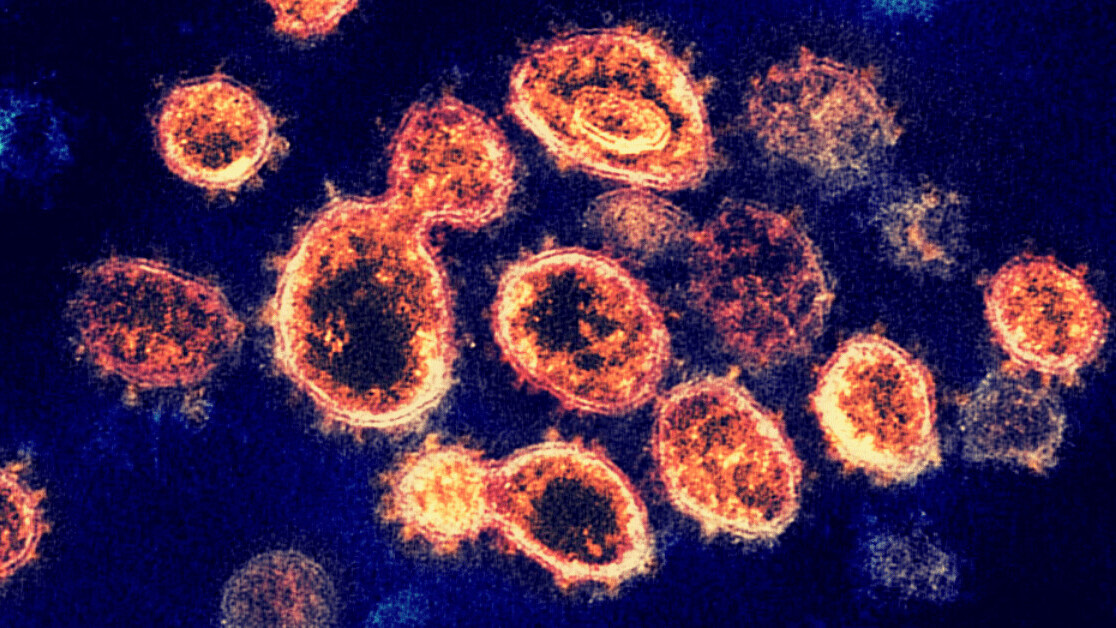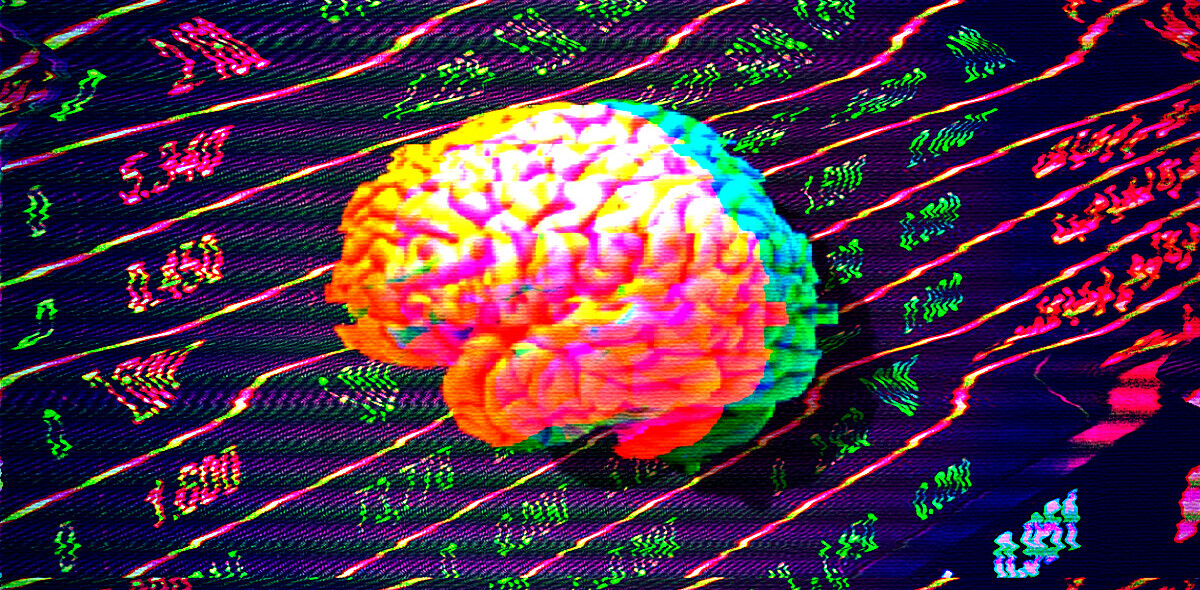Scientists have used machine learning to find drugs already on the market that could also fight COVID-19 in elderly patients.
“Making new drugs takes forever,” said study co-author Caroline Uhler, a computational biologist at MIT. “Really, the only expedient option is to repurpose existing drugs.”
The study team searched for potential treatments by analyzing changes to gene expressions in lung cells caused by both the disease and aging.
Uhler said this combination could help medical experts find drugs to test on older people:
We need to look at aging together with SARS-CoV-2 — what are the genes at the intersection of these two pathways?
The researchers sought to answer this question through a three-step process
[Read: How Polestar is using blockchain to increase transparency]
First, they generated a list of candidate drugs using an autoencoder, a type of neural network that finds data representations in an unsupervised manner.
The autoencoder analyzed two datasets of gene expression patterns to identify drugs that appeared to counteract the virus.
Next, the researchers narrowed down the list by mapping the interactions of proteins involved in the aging and infection pathways. They then identified areas of overlap between the two maps.
This pinpointed the gene expression network a drug should target to fight COVID-19 in older patients.
A causal framework
Finally, the team used statistical algorithms to analyze causality in the network. This allowed them to identify the specific genes a drug should target to minimize the impact of infection.
The system highlighted the RIPK1 gene as a promising target for the COVID-19 drugs. The researchers then found a list of approved drugs that act on RIPK1.
Some of these have been approved for treating cancer, while others are already being tested on COVID-19 patients.
The researchers note that rigorous in vitro experiments and clinical trials are still required to determine their efficacy. But they also envision extending their framework to other infections:
While we apply our computational platform in the context of SARS-CoV-2, our algorithms integrate data modalities that are available for many diseases, thereby making them broadly applicable.
You can read the study paper in Nature Communications.
Get the TNW newsletter
Get the most important tech news in your inbox each week.






